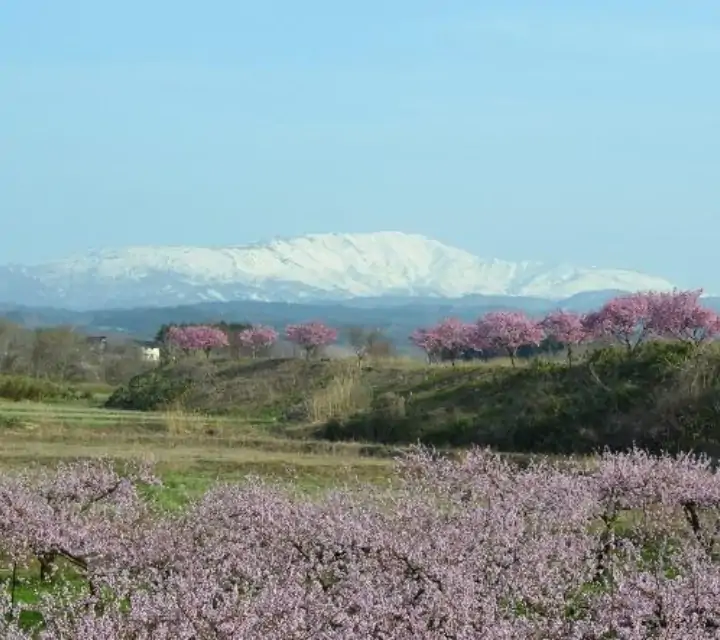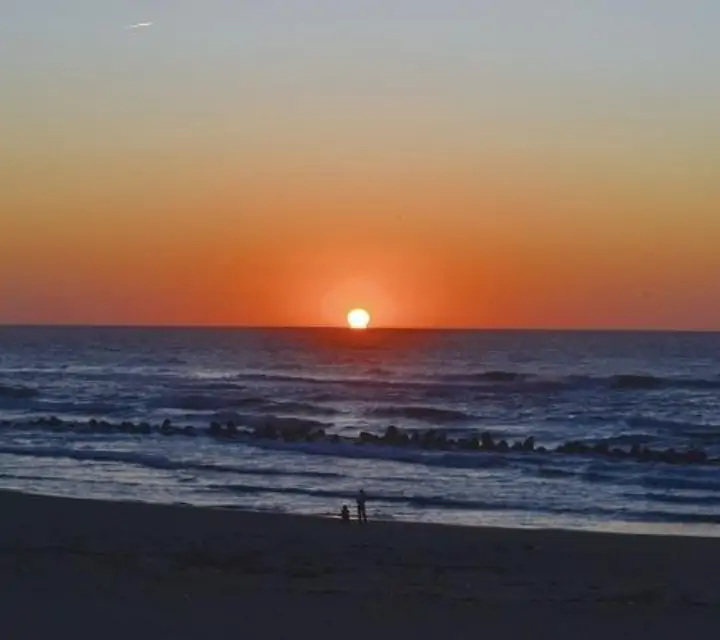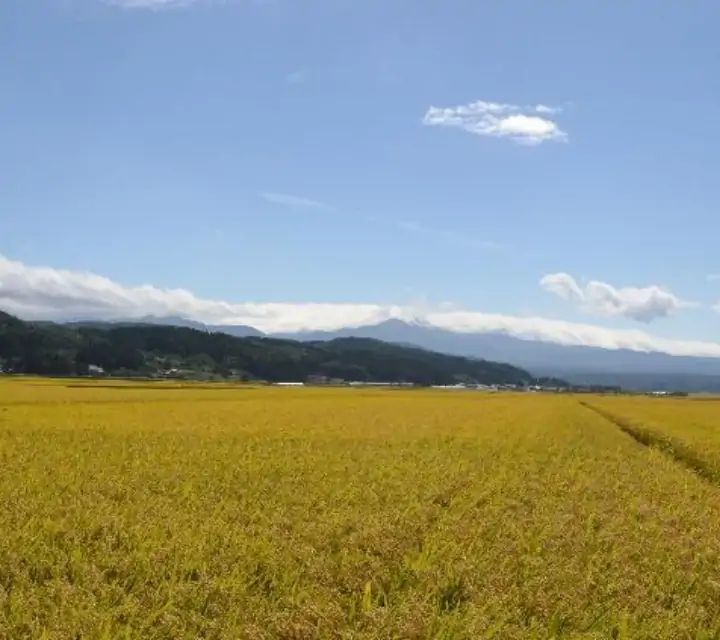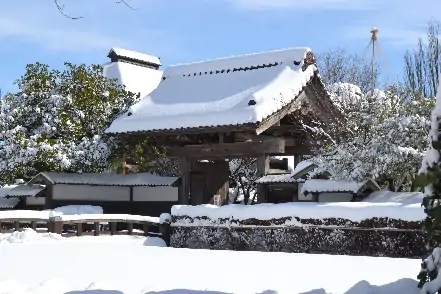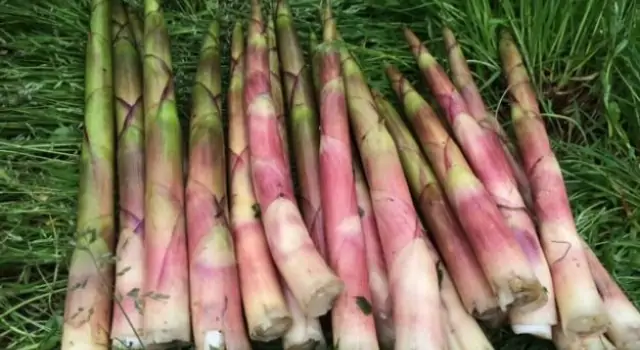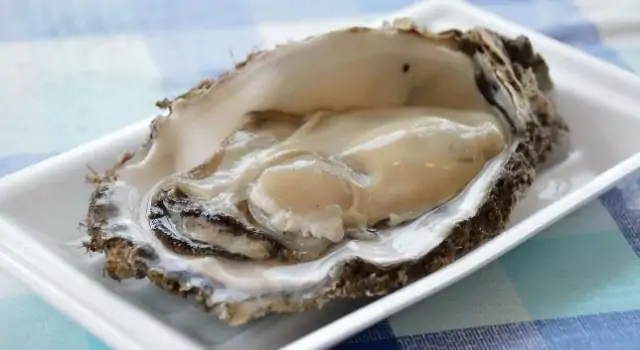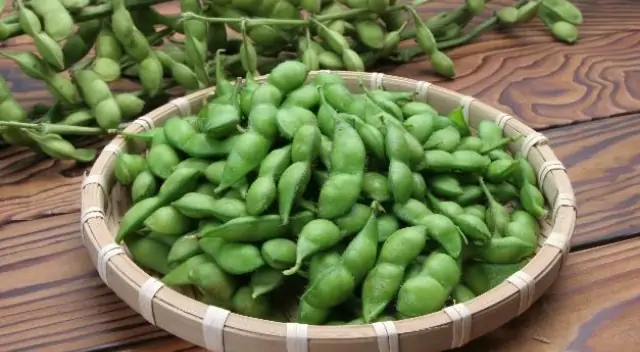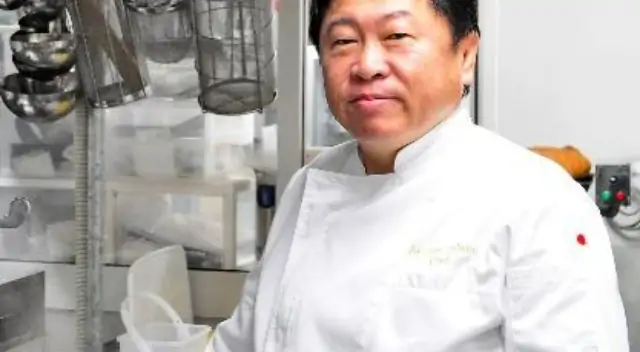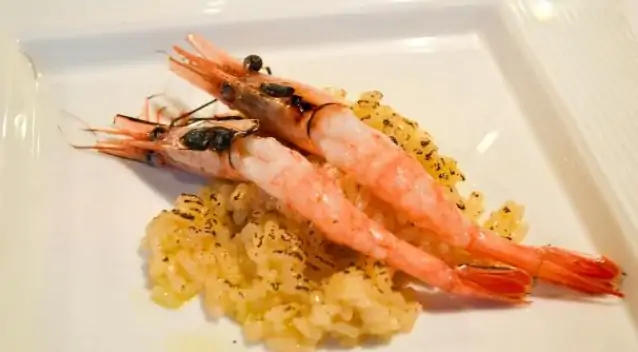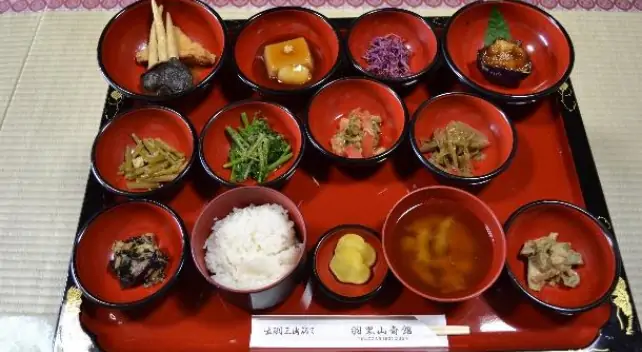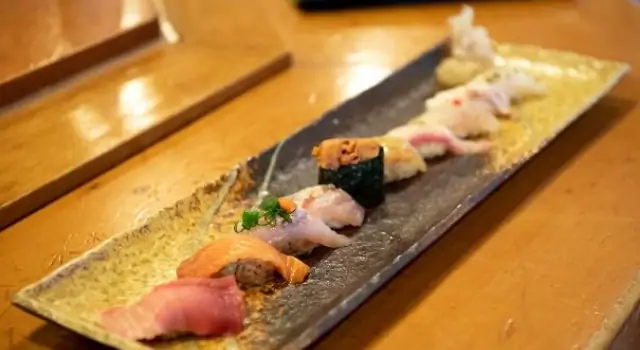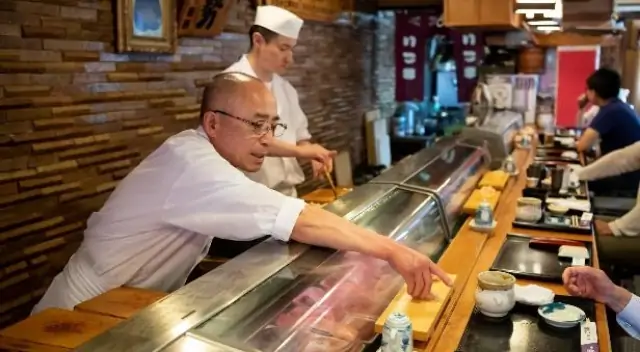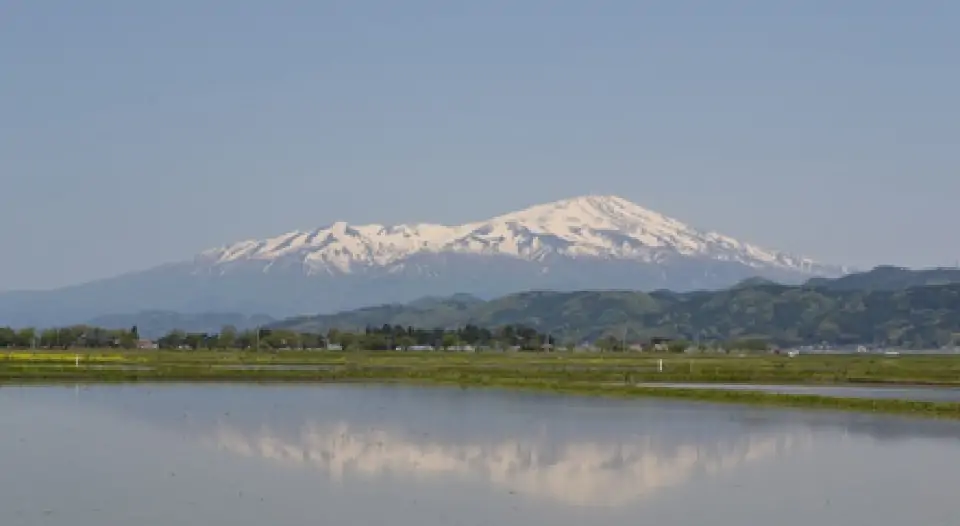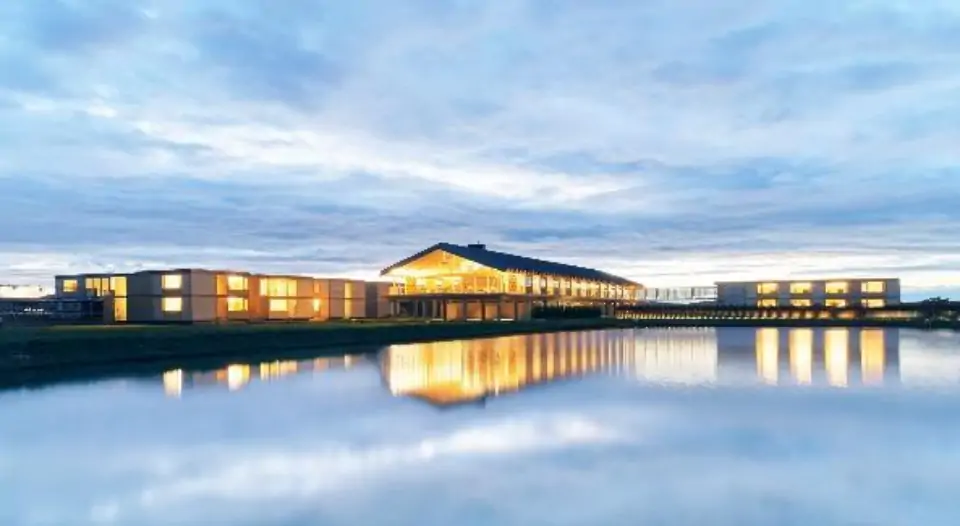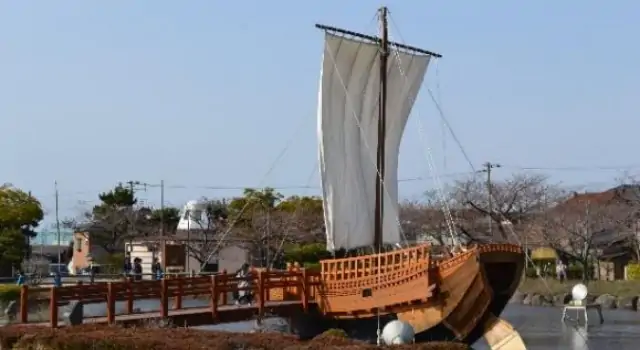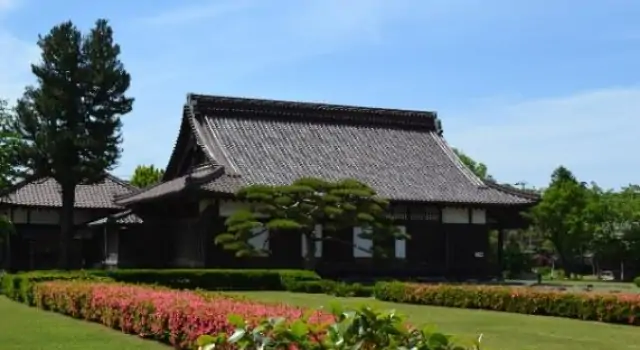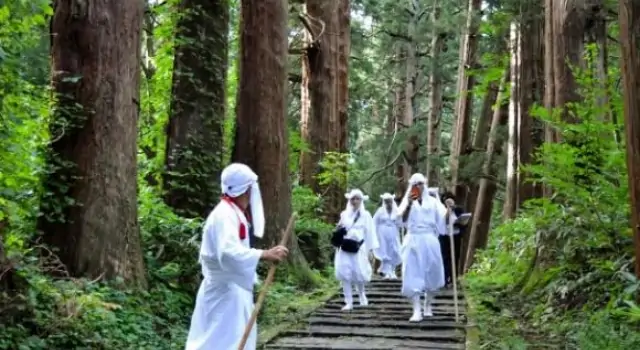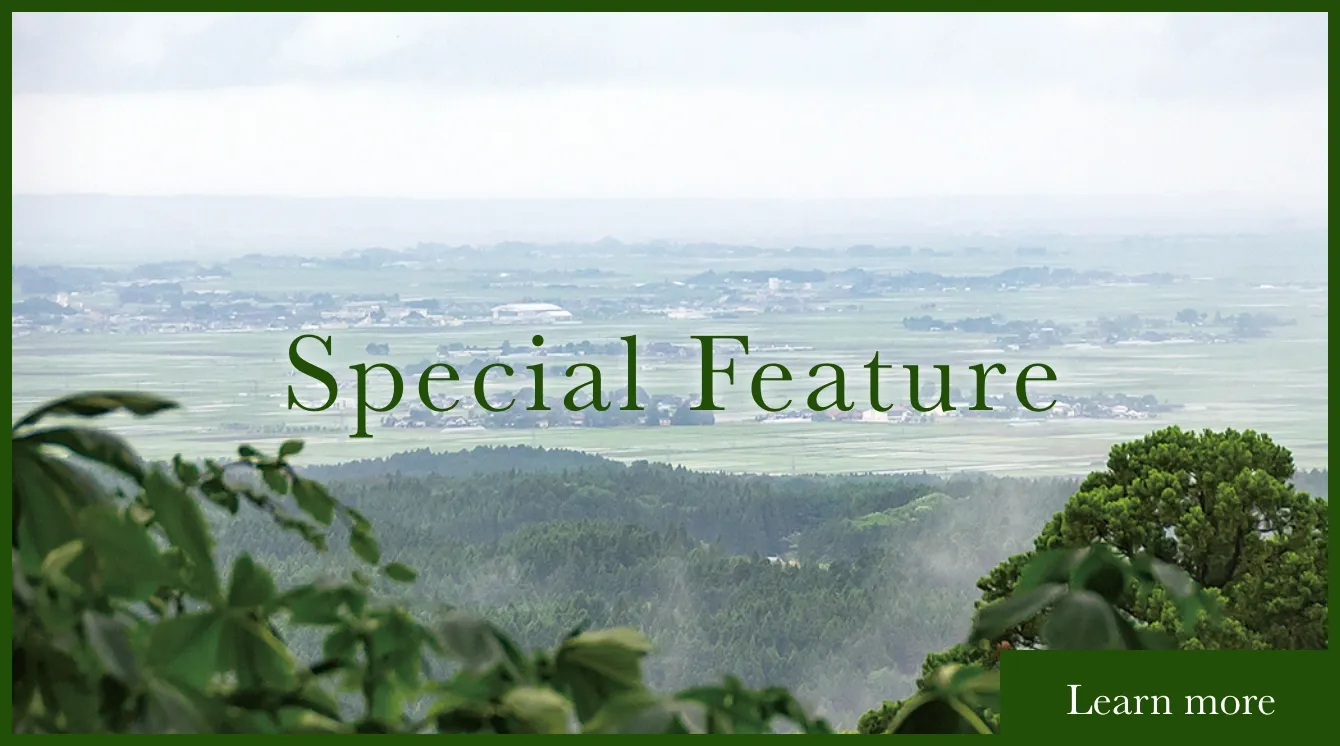The Charm of Dewa Shonai
In Dewa Shonai, important things Japan is losing live on. Here, we introduce three major charms of the Dewa Shonai region of northern Japan.
“Thread of Life,” by Matohu (Volume 11 of the Journey from Palms of Hands video series)
Here, we introduce a video created by apparel brand Matohu designers Hiroyuki Horihata and Makiko Sekiguchi. Fifteen years ago, these two designers participated in the founding of the Matsugaoka silk brand kibiso, and since then have visited the Dewa Shonai area many times.
“The Shonai region is home to silk production, fascinating samurai history, and delicious Japanese culinary traditions, not to mention the sacred world of the Dewa Sanzan holy mountains. It is filled with an authenticity and charm that cannot be found in typical tourist destinations, a region offering meaningful encounters and deep insights fully revealed only to those who experience it firsthand. This allure is introduced in “Thread of Life,” volume 11 of the Journey from Palms of Hands video series by Matohu. Watch it, and you’ll surely want to journey here too.“
Matohu designers
Hiroyuki Horihata and Makiko Sekiguchi
Nature
Natural beauty that changes dramatically with the season
To the west lies the Sea of Japan; in the other three directions, mountains. Dewa Shonai is imbued with the harsh yet beautiful climate of northern Japan. In winter, frigid winds blow in from the northwest—at times blizzards—and the mountains receive tremendous snowfall. By and by, the snow melts and spring makes her appearance. The new green of beech trees puts hearts at ease, and rice planting season arrives. Summer days are radiant; mountains, rivers, and sea can all be enjoyed. As autumn draws near, fields of gold stretching across the Shonai Plains signal the start of the annual harvest. As autumn deepens, the mountains become enveloped in fiery foliage. The four seasons of Dewa Shonai are distinct; immerse yourself in the beauty of each.
Cuisine
A wealth of world-class ingredients
In winter, cold winds blow in from the northwest, bringing tremendous snowfall to the mountains of Dewa Shonai. Come spring, the snow accumulated transforms into a rich fountainhead irrigating the agricultural lands of the Shonai Plains, bringing about delicious rice and vegetables. The snowmelt also flows into the Sea of Japan, helping raise delicious fish. For reasons such as these, Dewa Shonai has been called a “treasure house of ingredients.” Tsuruoka was the first city in Japan to be registered a UNESCO City of Gastronomy. The world-class ingredients of Dewa Shonai have given rise to rich culinary traditions, such as the traditional shojin ryori cuisine of yamabushi mountain monks. Some sixty kinds of vegetables grown here are heirloom varieties, cultivated from seeds lovingly preserved and passed down from generation to generation of Shonai farmers.
Meet farmers and fishermen, experience the harvest
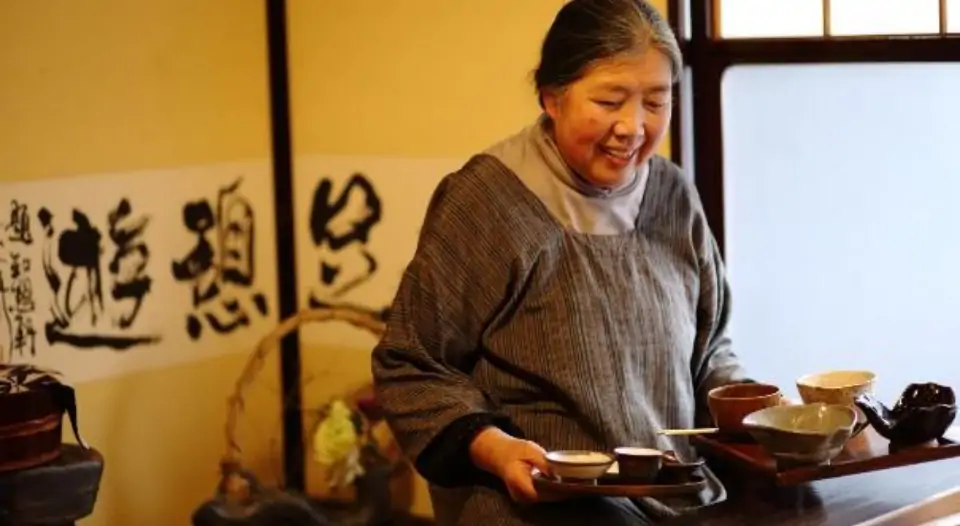
-
Meet the farmers, fishermen, and hunters who catch and cultivate the delicious rice, vegetables, seafood, and game of Dewa Shonai; experience agricultural activities alongside them. Then, taste this bounty of fresh ingredients expertly prepared by culinary professionals. The locals you’ll meet, the delicacies you’ll savor—culinary rendezvous like no other.
Iconic views of mirror-like rice paddies
As one of Japan’s leading rice-growing regions, the vast rice paddies of Dewa Shonai form a landscape synonymous with Japan—one of such beauty that it inspired world-famous architect Ban Shigeru to build a hotel here, designed in such a way that it appears to float upon the surrounding rice paddies.
History and Tradition
A crossroads of three cultures
Dewa Shonai is a crossroads of culture, a region in northern Japan which has had cultural exchange with more central areas for over a thousand years. The northern culture native to the larger Tohoku region, which Dewa Shonai is part of, is deeply rooted here and continues to live on. Edo culture was introduced to Dewa Shonai about four hundred years ago by the Sakai clan, the samurai lords of the region. The Sakai clan had deep ties to the Tokugawa, the samurai clan who emerged as the overall victors when the Warring States period drew to a close and Japan’s capital was moved to Edo (present-day Tokyo). As the Edo period began, the Kitamae-bune trade route connecting northern and western Japan was established; it was along this route that the elegant culture of Kyoto and western Japan made its way to Dewa Shonai.
Traditional performing arts and esteemed spiritual traditions
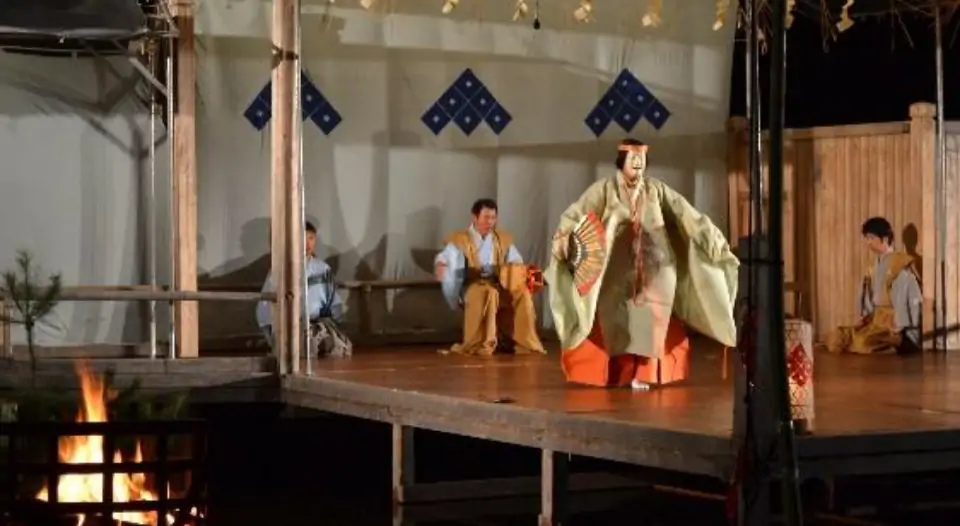
-
The samurai school Chidokan raised its pupils to have passion for the pursuit of knowledge and high esteem for spirituality. Kurokawa Noh, a form of theater with a history of over five hundred years, continues to be performed to this day as an offering to the gods worshipped by the region’s farmers. Those raised in the harsh nature of northern Japan overflow with honesty, earnestness, and compassion.
Authentic and inspirational encounters with Japanese culture
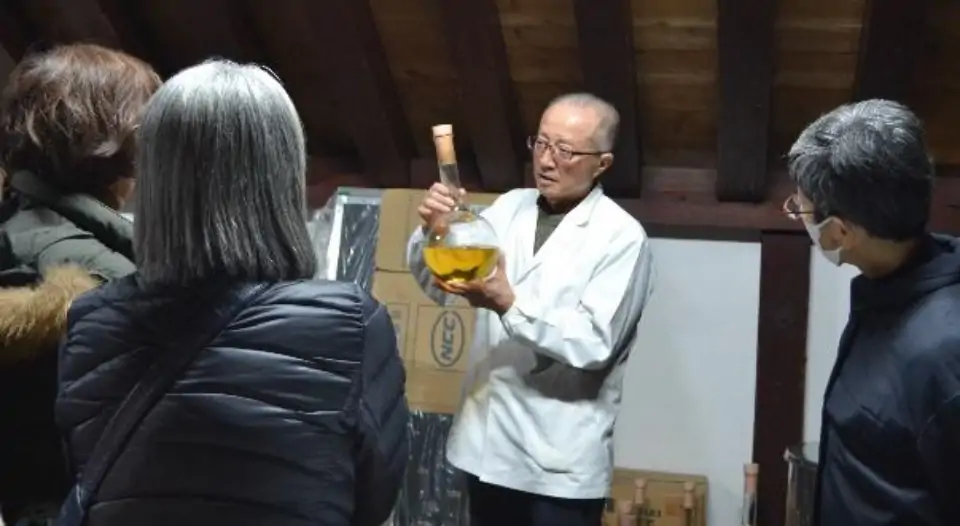
-
As publishers of a regional culture magazine, we pride ourselves on arranging tours which provide visitors ample opportunity to interact with local people and enjoy authentic encounters with the culture of northern Japan. Journey Dewa Shonai with us to meet locals, deepen your knowledge, and feel fresh inspiration.
Publication of select special-feature articles from regional culture magazine Cradle.
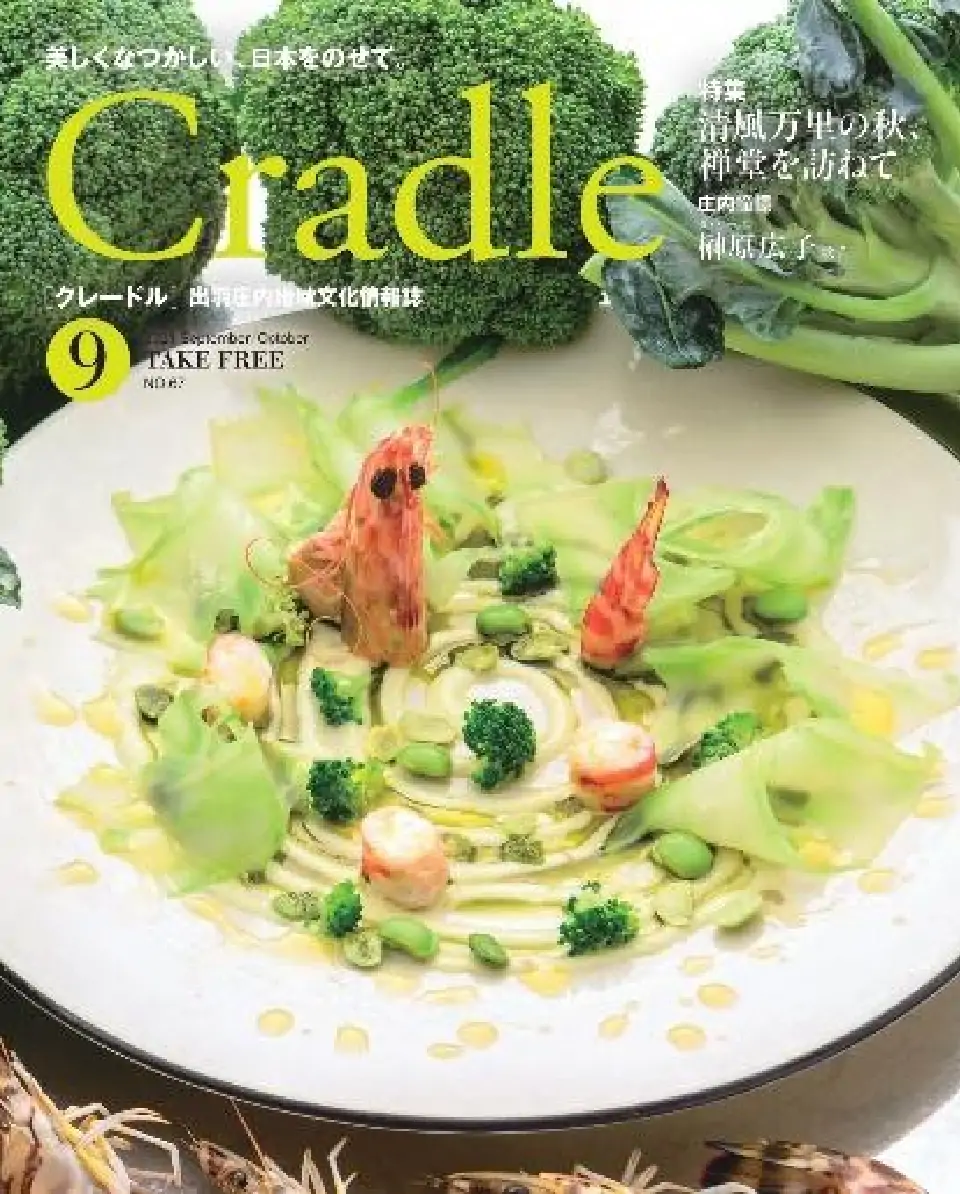
-
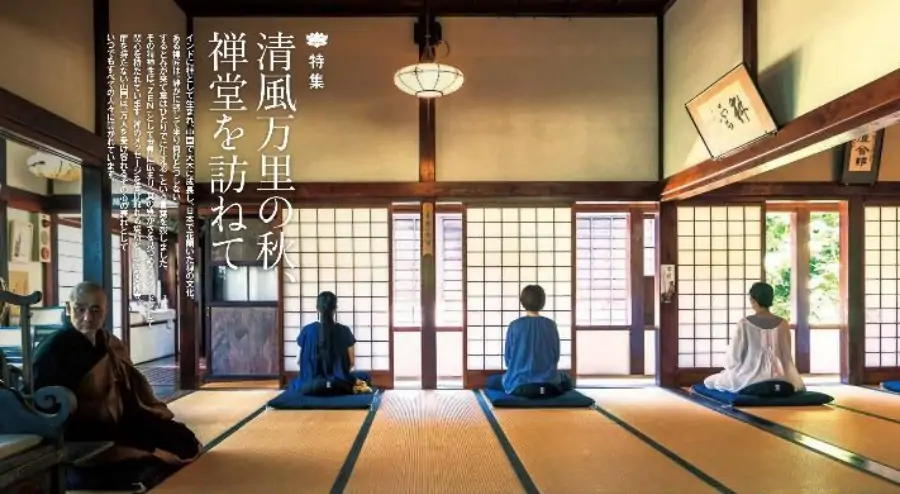 Cradle, a magazine we first began publishing in 2010, has been spreading the charms of Dewa Shonai both inside and outside of the region for fourteen years. In 2021, Cradle was awarded the Regional Vitalization Division Award by the Japan Community Contents Association, a coveted award second only to the Association’s Grand Prize.
Cradle, a magazine we first began publishing in 2010, has been spreading the charms of Dewa Shonai both inside and outside of the region for fourteen years. In 2021, Cradle was awarded the Regional Vitalization Division Award by the Japan Community Contents Association, a coveted award second only to the Association’s Grand Prize.
In every forty-page issue of Cradle, ten pages are devoted to a special topic. We will select fifteen of these special feature articles and publish them here after translating them into English. We hope that they help you feel the charm of Dewa Shonai and deepen your appreciation of the region.

